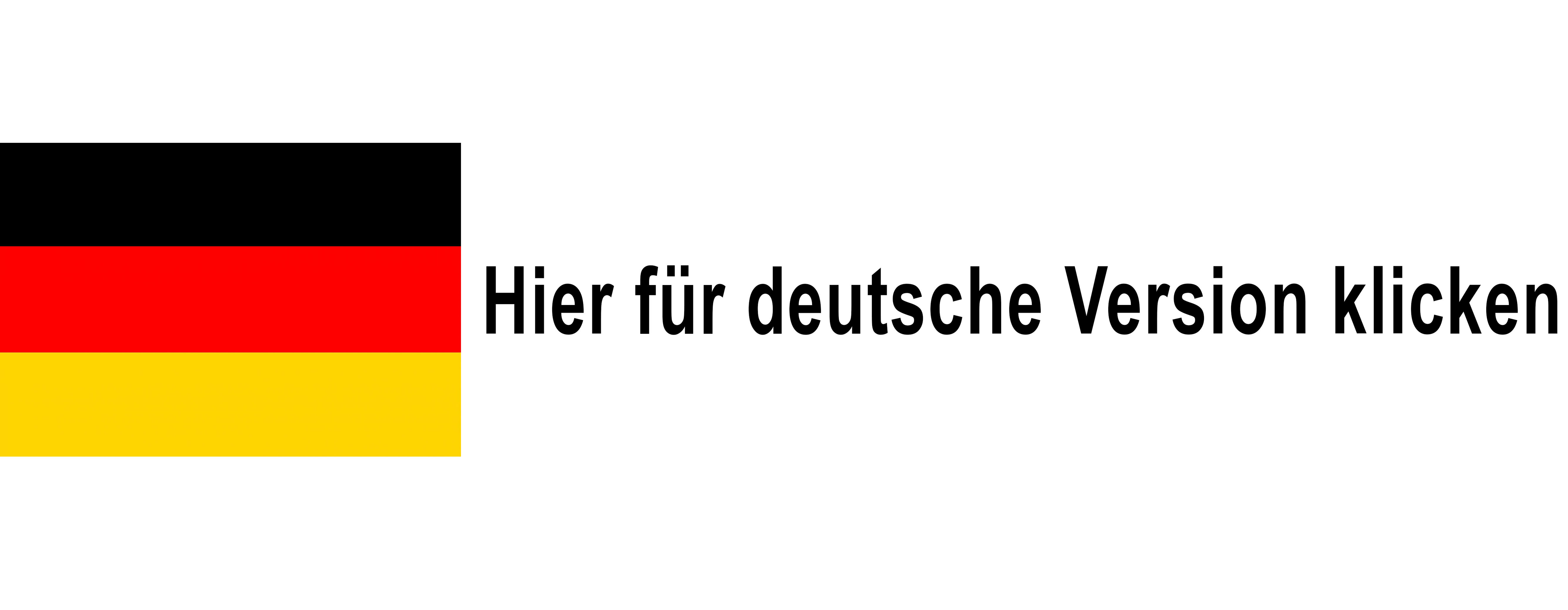- GU Home
- Faculties
- Faculty 03 Social Siences
- Students
- Study Programs at the Faculty of Social Sciences
- Bachelor of Arts Sociology Major
- Content and Structure B.A. Sociology Major
- Content & Structure B.A. Sociology Major - Study Regulations 2015
- Information for Students
- Information for First Semesters
- Information for Prospective Students
- Study Programs at the Faculty of Social Sciences
- Bachelor of Arts Political Science Major
- Bachelor of Arts Political Science Minor
- Bachelor of Arts Sociology Major
- Bachelor of Arts Sociology Minor
- Bachelor of Arts Gender Studies Minor
- Master of Arts Political Science
- Master of Arts International Studies / Peace and Conflict Research
- Master of Arts Political Theory
- Master of Arts Sociology
- Master of Arts Economic Sociology
- Master of Arts Comparative Democracy
- Internship
- Vocational Orientation
- Examinations and Examination Office
- Student Counselling
At a Glance
|
Standard period of study: |
6 semesters (3 academic years) |
|
Programme start: |
Winter semester |
|
Admission restrictions: |
Admission to the programme is restricted. |
|
Sociology (Main Subject): |
Scale: 120 credit points (CP) |
|
Minor subject: |
Yes, one on a scale of 60 CP (electable minor subjects) |
|
Number of modules (Main Subject): |
9 compulsory modules, 3 compulsory elective modules |
|
Module examination formats: |
Term
paper |
|
Language(s) of instruction: |
German, English |
|
Programme Director |
Modules & Content Structure of the B.A. Sociology Major Programme
The BA Sociology is divided into 14 modules, of which students must complete 12. A module is a stand-alone thematic unit consisting of several courses.
In detail, the BA Sociology consists of the following modules:
|
Module Name |
Module Contents |
CP |
|
Module 1: |
Students acquire initial orientation, practical experience and knowledge related to:
In these courses, students acquire first skills in:
Students must produce proof of participation in the lecture and a tutorial on academic work. The module ends with a term paper. |
10 |
|
Module 2:
|
Students acquire knowledge about:
Students acquire the ability to:
Students must produce proof of active participation in two undergraduate seminars. The module ends with a written test or a term paper. |
10 |
|
Module 3:
|
Students must produce proof of active participation in two undergraduate seminars or lectures. The module ends with a written test or a term paper. |
10 |
|
Module 4: |
By completing this module, students acquire fundamental knowledge in the area of descriptive and inferential statistics, especially with regard to:
Students must produce proof of active participation in an undergraduate seminar or lecture on a scale of four semester hours per week or in two undergraduate seminars or lectures on a scale of two semester hours per week each. The module ends with a written test or a term paper. |
10 |
|
Module 5: |
Students acquire knowledge related to:
Students acquire the ability to:
Students must produce proof of active participation in two undergraduate seminars. The module ends with a written test or a term paper. |
|
|
Compulsory Electives: From Modules 6 to 10, students choose three. In one of the compulsory elective modules, they attend only one undergraduate seminar. Students choose themselves the module in which they wish to attend only one undergraduate seminar. Students must complete one of the end-of-module examinations as an oral examination (30 minutes). The other two end-of-module examinations in the compulsory electives (Modules 6 to 10) must be completed as a written test or a term paper. |
||
|
Module 6: |
Students acquire knowledge related to:
In these courses, students acquire the ability to:
|
7 or 13 |
|
Module 7: |
Students acquire knowledge related to:
Students acquire the ability to:
|
7 or 13 |
|
Module 8: Economics and Technology – Work and Organisation |
Students acquire knowledge related to:
Students acquire the ability to:
|
7 or 13 |
|
Module 9: |
Students acquire initial orientation and knowledge related to:
Students acquire the ability to:
|
7 or 13 |
|
Module 10: |
By completing this module, students acquire advanced knowledge in the methods of empirical social research, especially with regard to:
Students acquire the ability to reflect on the relevance of the topics, concepts and methods in the module for their later career. |
7 or 13 |
|
Compulsory Modules |
||
|
Module 11: |
Students deepen their thematic, methodological or theoretical knowledge in one of the five compulsory electives, or alternatively they choose courses from one of the faculty's overall research priorities. In this module, teaching can be particularly research-oriented, which sharpens graduates' academic profile. The advanced courses serve to guide students in terms of content in preparation for their bachelor's dissertation. Students acquire the ability to:
Students must produce proof of active participation in a seminar or colloquium. |
8 |
|
Module 12: |
Students familiarise themselves with professional fields and test the respective knowledge and skills they have acquired during their studies. They acquire skills and competences relevant to professional practice as well as knowledge about the practical requirements in the chosen field. An internship is a training-oriented attendance phase in a practical field, which is reflected in the Internship Report. Duration: At least 270 hours. |
9 |
|
Completion of Studies |
||
|
Module 13: Dissertation Colloquium |
Students undertake the following:
Students acquire the ability to:
Students must produce proof of active participation in a colloquium. The module ends with a presentation and oral discussion of the dissertation. |
8 |
|
Module 14: |
Students compose their dissertation on a narrowly defined sociological problem of their own choice. Processing time: 9 weeks |
|
Contact
Dipl.-Soz. Alexander Simon
Student counselling for B.A. programs in Political Science and
Sociology / Student counselling for M.A. programs / M.A. admission /
B.A./M.A. internship counselling
E-Mail:
studienfachberatung.fb03@soz.uni-frankfurt.de
PEG Room 2.G 133
Open consultation hours:
Tuesday 11a.m - 1p.m.
Thursday 11a.m. - 1 p.m.
In lecture free time only on Tuesdays
Open telephone consultation hours:
Wednesday 11a.m - 1p.m.
or by individual arrangement
Goethe-University
Department 03
PEG-Building
Theodor-W.-Adorno-Platz 6
60323 Frankfurt am Main
- Studying at Goethe University
- International applicants
- Faculties
- Overview of study programmes
- Programme for refugees
- GRADE
- Goethe Business School (continuing education)
- Research at Goethe University
- Scientific news
- Goethe Welcome Center (for international researchers)
- Collaborative research projects
- Individual research
- Visiting fellowships
- Endowed chairs
- About the University
- News-in-brief
- University administration
- Campus locations
- Campus life
- University archives (German)
- Rhine-Main-Universities









